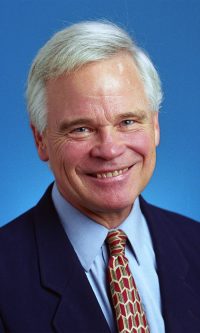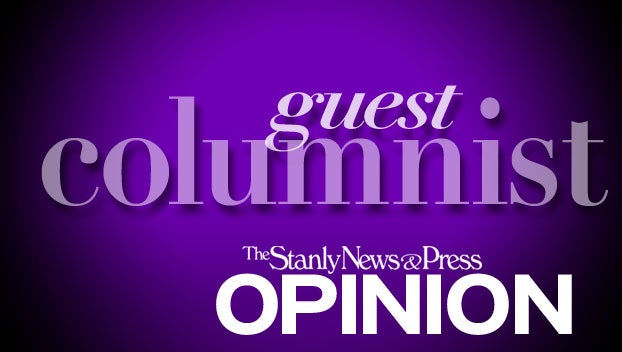D.G. MARTIN COLUMN: John Witherspoon and universities today
Published 1:58 pm Monday, May 29, 2023
|
Getting your Trinity Audio player ready...
|
Graduations are over and college towns are quieter. But in Chapel Hill faculty members and some university supporters are deeply worried. They fear the loss of faculty control of the university’s curriculum.

D.G. Martin
These worries raise questions about the purposes of a college education. Should the primary focus be on preparing students for successful careers? Or for giving them a background in civic responsibility that will help them contribute as well-prepared citizens?
In thinking about these things, I remember John Witherspoon, a Scot who, until 1768, was an evangelical Presbyterian preacher in Scotland. As reported in the 2001 book by Arthur Herman, “How the Scots Invented the Modern World,” Witherspoon and “his fellow evangelicals were truly preachers to the people, the farmers and shopkeepers and apprentices and tenant laborers who made up the backbone of the Scottish Kirk.”
In 1767 Benjamin Rush, later a signer of the Declaration of Independence, went to Scotland to further his medical studies.
While there he persuaded Witherspoon to accept the presidency of Princeton (then known as The College of New Jersey). Witherspoon was a squat man with bushy eyebrows and boundless energy. He took Princeton by storm, becoming chairman of the philosophy, history and English departments, tutoring students in French and Hebrew, and preaching every Sunday in the college chapel. He beefed up Princeton’s curriculum and required its students to read volumes of works on all subjects. He also became headmaster of a new grammar school sponsored by the college.
Active in politics, Witherspoon was the only clergyman to sign the Declaration of Independence.
All this is admirable, but this is not the reason I admire him.
Although he represented the evangelical and conservative wing of Presbyterian thinking, he required his students to read the works of his intellectual and theological opponents, such as the radical Scottish philosopher David Hume.
According to Herman, “Witherspoon’s attitude was that even if you disagreed with the philosopher or thinker, you still needed to read him in order to appreciate his arguments and refute them. So, Witherspoon’s students found themselves inundated with a host of thinkers Witherspoon disapproved of, but whom, and ‘in the spirit of free inquiry,’ they were expected to understand and digest.”
Witherspoon had it right, didn’t he? A university should not be about the business of teaching students what particular brand of philosophy or religion or politics they should adhere to. Rather, it should require them to do the rigorous work that develops independent thinking and judgment. Out of this process come the critical thinking skills that identify and solve important problems — and not only in personal philosophy and religion. These skills are the great gifts of a Witherspoon educational experience. Those who have them will always challenge conventional wisdom. They will look for ways to do things better, and they will often find them.
The classrooms at Witherspoon’s Princeton were not places of indoctrination, although the college continued to be a training ground for Presbyterian ministers. Instead, the Princeton campus and its classrooms were places where widely different ideas were vigorously debated. As a result, the students acquired the capability of independent thinking and the self-confidence that comes with it.
Princeton became a main training ground for the new nation’s leadership — including James Madison, Aaron Burr and Joseph Caldwell, who became the University of North Carolina’s first president. Thanks to Caldwell the traditions of Witherspoon’s Princeton have been a part of UNC from the beginning.
We can hope that this tradition survives the current uneasiness about who controls what is taught at the university.
Witherspoon was not perfect. He owned several slaves and defended the institution. He would insist, I think, that he should be accountable for these actions. But he would not back away from his conviction that universities should foster independent thinking and judgment.
D.G. Martin, a retired lawyer, served as UNC-System’s vice president for public affairs and hosted PBS-NC’s “North Carolina Bookwatch.”


